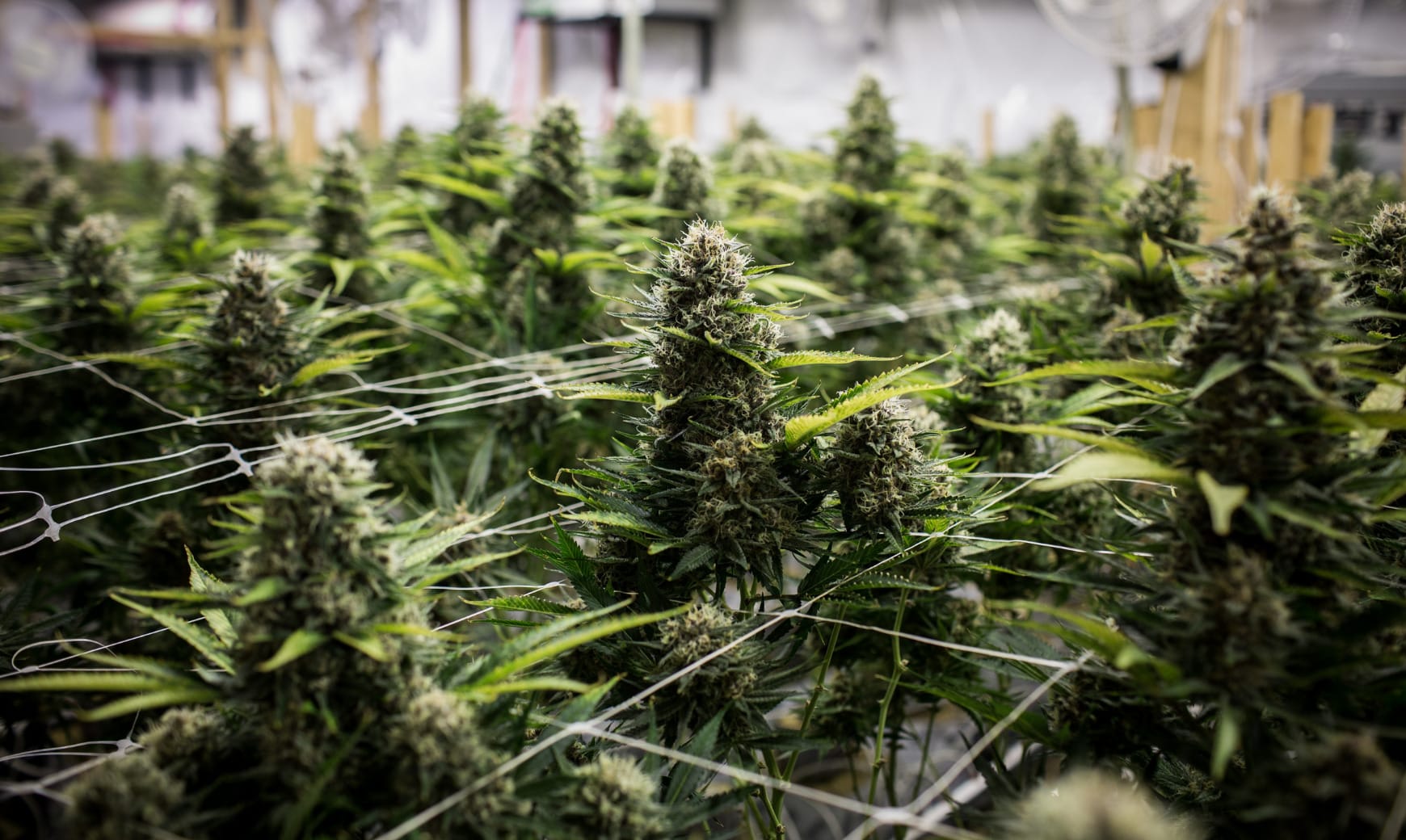Governor Phil Murphy signed into law Senate Bill No. 3235—a bill temporarily banning the unlicensed sale of hemp products in New Jersey and proposing a new regulatory framework for future sales. The law, which is effective immediately, aims to address growing concerns over unregulated hemp products within the state and their accessibility to minors. Under the new law, it will be illegal to sell or distribute a product containing THC in any detectable amount to a person under 21 years of age, and, 30 days after the law takes effect, unlawful for intoxicating hemp products to be sold or distributed in New Jersey by anyone other than businesses licensed and overseen by the Cannabis Regulatory Commission (CRC).
In his signing statement, Governor Murphy highlighted the urgency of the situation, stating, “There recently has been a proliferation of products that meet the legal definition of ‘hemp’ due to their low concentration of delta-9 tetrahydrocannabinol (THC) but that are intoxicating because of the presence of other forms of THC—such as delta-8 and delta-10—often at artificially increased levels. These products are sold outside of the regulated market for cannabis even though they can have similar effects, may contain harmful chemicals, and often are sold without appropriate testing and labeling.” In this and other statements, Governor Murphy acknowledged the bill’s imperfections but emphasized the need to act quickly to address the health risks associated with unregulated intoxicating hemp products.
Importantly, a late amendment to the bill will now permit certain holders of plenary wholesale and plenary retail distribution licenses to apply for approval from the CRC to sell “intoxicating hemp beverages” alongside alcoholic beverages currently falling within the scope of their retail and/or distribution licenses. In the days ahead, the CRC will introduce new regulations governing the sale of these hemp beverages, with the Governor calling for the Commission to do so in a way that is comparable to the way it regulates similarly situated cannabis businesses. Additionally, much like the state’s cannabis licensing framework, the bill gives municipalities the discretion to enact ordinances prohibiting or restricting hemp-related sales within their borders.
Overall, the law has sparked varied reactions within the industry. Some welcome the increased regulation as a public safety measure intended to protect consumers, while others criticize it for its potential overreach and lack of clarity. Concerns include possible regulatory loopholes and negative impacts on the hemp industry, which, unlike cannabis, is authorized under federal law.
As always, we remain committed to keeping you informed about the latest developments and opportunities in the cannabis sector. Should you have any questions or require further assistance, please do not hesitate to the authors of this alert or any member of McCarter’s Cannabis team.
